

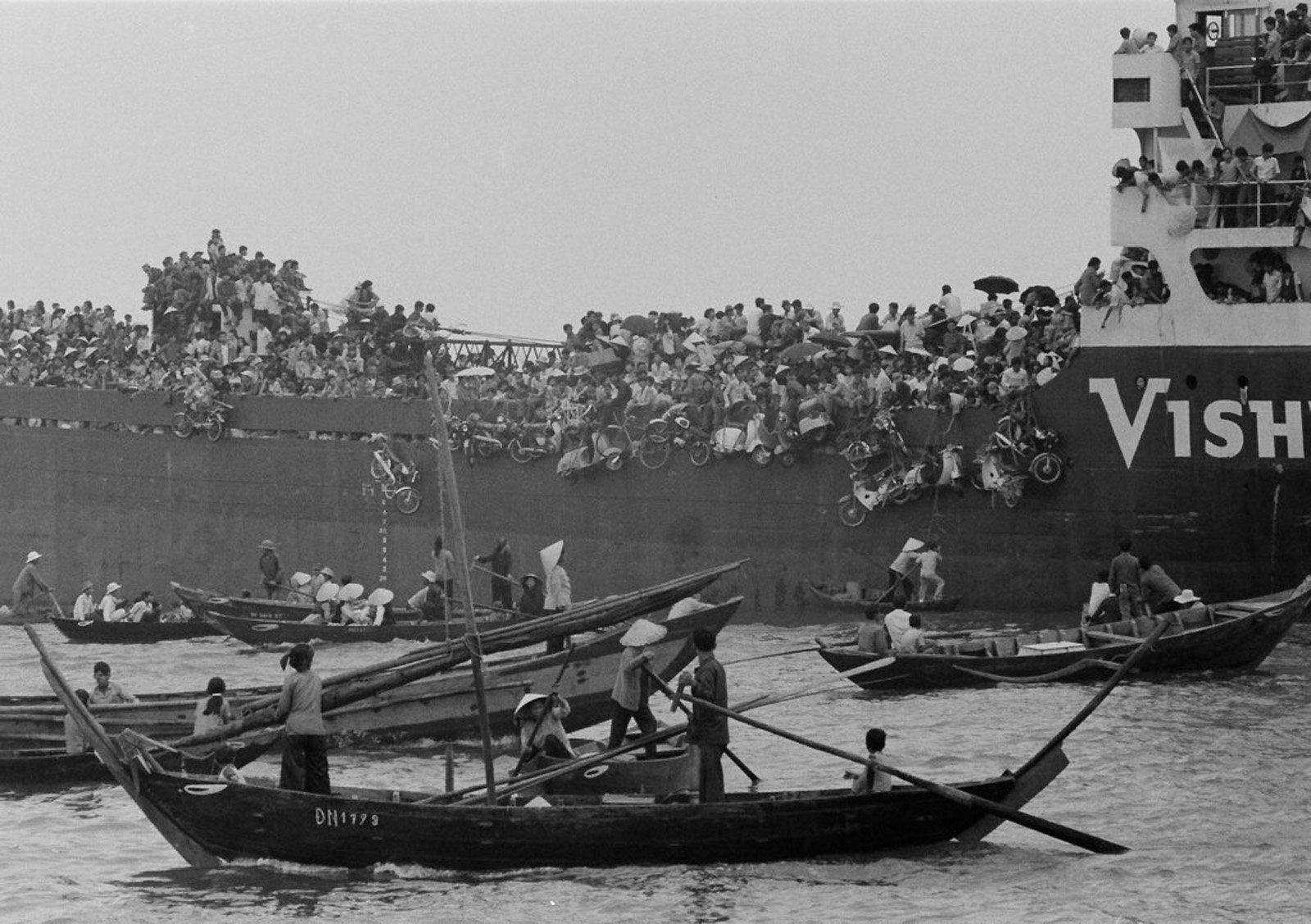

Politics Lurk in the Shadows of Upcoming FIFA Women’s World Cup
Despite claims that sports and politics don’t mix, football seems to be an increasingly prominent feature of global governance. The 2022 FIFA World Cup was a glaring example of sportswashing– the use of sports to enhance reputation or influence. Some of football’s biggest club teams are financed by sovereign wealth funds or energy drink companies, while the sport’s biggest stars are plying their trade in the Saudi Pro League. The trend of state-sponsored politicization seems to be spreading to the women’s game; concerns are being raised ahead of this summer’s 2023 FIFA Women’s World Cup, held in Australia and New Zealand.

The Svalbard Seed Vault: Humanity’s Ultimate Safeguard
In the high arctic tundra of Norway’s Svalbard archipelago, a steel facility holds the food insurance policy for all of humanity: 1,214,827 seed samples from almost every country in the world. Although it sounds like something out of an 80’s science fiction movie, this operation is no fiction. The Svalbard Global Seed Vault is made possible through international cooperation to ensure the world is prepared for catastrophe. As of the facility’s 15th anniversary in February of 2023, it holds over 13,000 years of agricultural history.

Extreme Poverty Remains King in Mindanao
Heading into 2023, the Philippines was one of the fastest-growing economies in the world with the expectation that it will continue to increase at a rapid rate. However, despite the positive economic forecasts, it’s become apparent one year later that not everyone is able to reap the benefits of the prophecy. Within the second-largest island of Mindanao resides one of the largest communities of religious and ethnic Muslims in the Philippines, making up almost a quarter of the entire nation’s population in a country that is strongly Catholic.
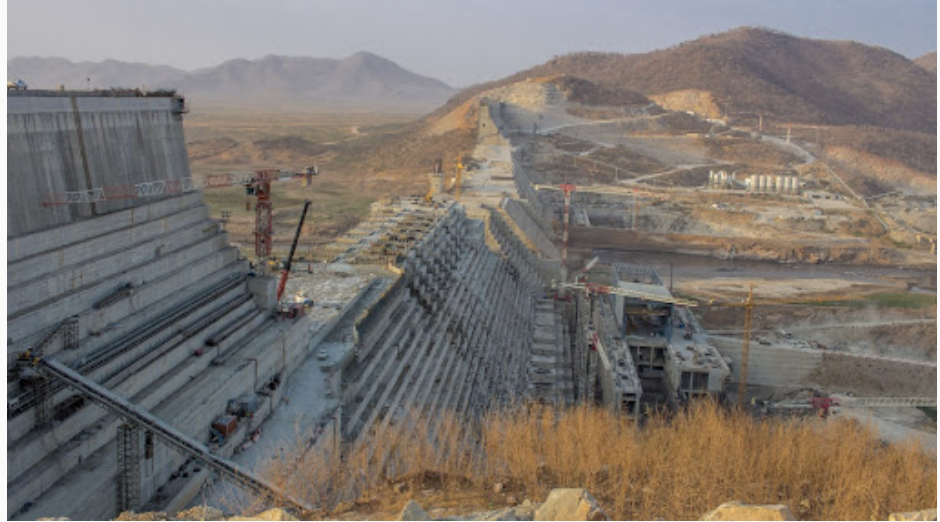
Waiting to Die of Thirst: Ethiopia, Egypt, Sudan, and the GERD
In northeast Africa, a tragedy of epic proportions has been playing out for decades.
Ethiopia’s ongoing construction of a massive $4.5 billion dam over the Nile River’s largest tributary has led to an increasingly volatile East African environment, in which old colonial practices, climate change, and ongoing civil conflicts loom large. For the nations involved, the construction of the dam has become cloaked in questions of identity and age-old national myths, raising tensions and increasing the likelihood of conflict as climate change makes the life-giving waters of the Nile ever more scarce.
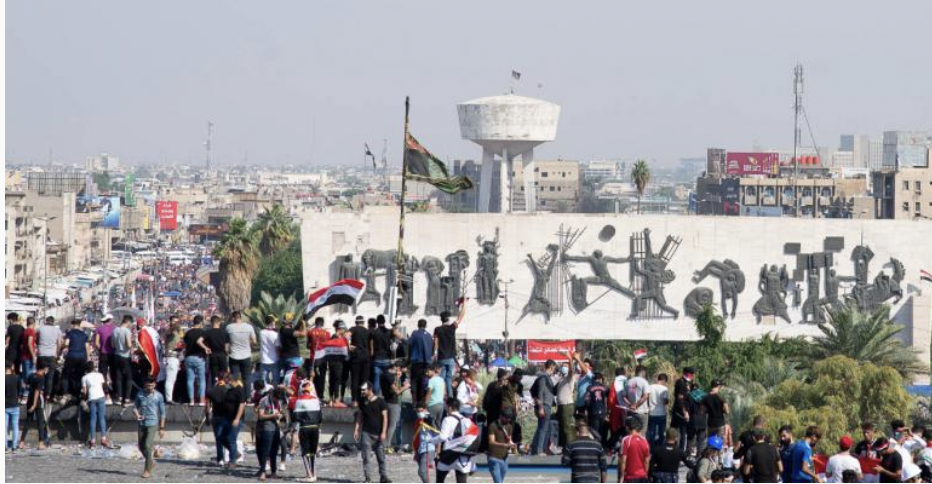
Iraq: 20 Years Later
Despite the fact that the U.S. has removed its troops from the country, and we are 20 years out from George W. Bush declaring “mission accomplished,” the information we have about the Iraq war is still convoluted. As the 20th anniversary passed, content about why the U.S. invaded Iraq, the effect on U.S. foreign policy and involvement in the Middle East, and the impact it had on American veterans flooded news outlets. What was lacking from this commemoration was a dive into what Iraq looks like 20 years later: how has the country rebuilt and what does life look like for Iraqis today?

Donald Trump’s Indictment From an International Perspective
Past American presidents have been accused of a litany of felonies, from war crimes to corruption to sexual impropriety-related obstruction of justice. Yet for the 46 men who have inhabited the country’s most prestigious office, a criminal prosecution would– for most of history– seem blasphemous. Gerald Ford’s pardon of Richard Nixon after the Watergate scandal ensured and maintained a precedent of inaction; while other government positions have faced legal scrutiny, U.S. presidents have remained immune to criminal charges.
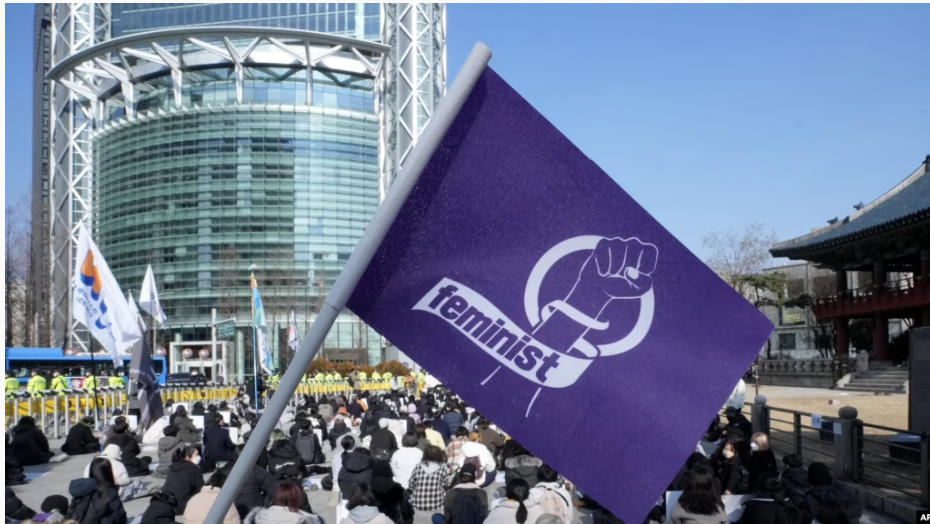
South Korea’s Villainization of Feminism
South Korea is often praised for being one of the fastest-growing economies. It is constantly at the height of innovation, cultivates one of the world’s highest-educated labor forces among OECD countries, and attracts tourists with its amalgamation of diverse culture, food, and K-Pop. Although South Korea seemingly experiences an advanced society, it still battles to correct an ethically basic issue: gender inequality.

A History of the “Microchip War”
With the recent CHIPS Act coming out of the Biden-Harris administration that prioritizes private sector investment, many are concerned about the security of the U.S. and China’s rapidly advancing microchip ecosystem. What was once merely a concern over market values and tariffs has become a major international security issue. Understanding the history of what has become known as the contemporary “Microchip War” illuminates attitudes that parallel that of the Cold War and dictates the future of many international security issues.
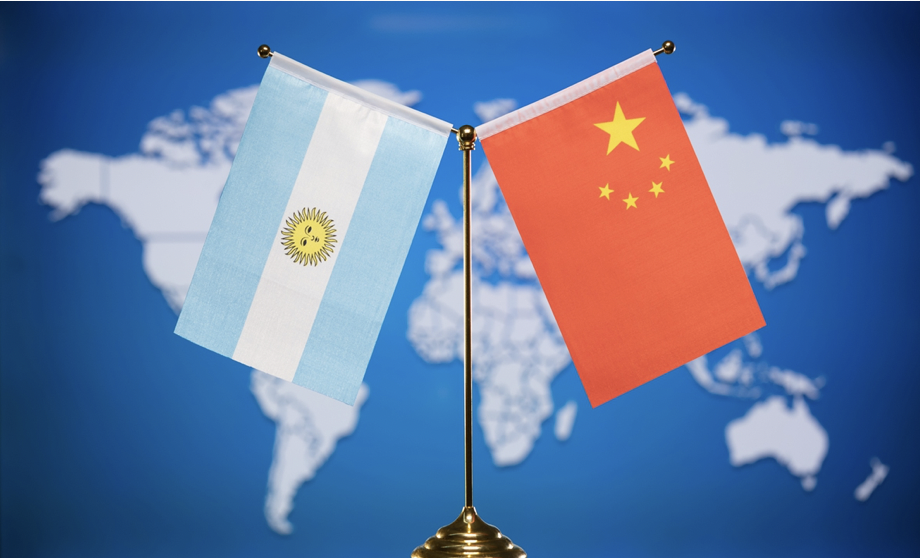
Argentina and the BRI: A Compelling or Concerning Partnership?
In February of 2022, Argentina became a member of China’s “Belt and Road Initiative” (BRI): a massive infrastructure project to increase Chinese investment and development projects throughout the globe, especially in East Asia, Europe, and Latin America. The BRI was launched in 2013 by President Xi Jinping and its name alludes to China’s first silk road which also served as an extensive trade and Western expansion effort by the country throughout the Han Dynasty. China has proven itself to be a leader in energy transition efforts towards renewable energy and critical minerals. The country is the largest supplier and financier of solar and wind equipment and projects in Latin American countries, and the largest producer of lithium-ion batteries in the world– dominating the industry at a production rate of 63 percent.

Digital Linguistic Extinction: The Icelandic Counter-Effort
The digital era has been largely successful at facilitating interconnectedness: the ability to send an email or update friends about life with a few mere taps on a keyboard is unprecedented in its reach and its accessibility. But in a near-paradoxical way, the digital era has also had disastrous effects on language diversity. Languages have been gradually becoming extinct for years, but projections indicate that 90% of all languages will go extinct over the next 100 years if current rates of loss persist.

Economics and Politics in Argentina’s High Stakes Elections
There’s an old saying that elections have consequences. For Argentina, this could never be more true. The country’s upcoming election in October is highly consequential as it faces issues regarding the economy, the environment, and politics.
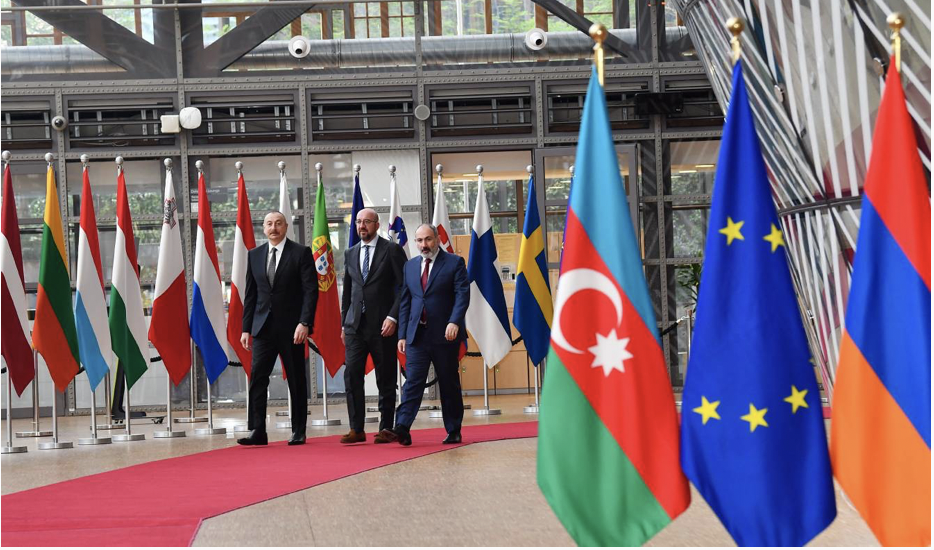
What the Shifting Armenia-Azerbaijan Conflict Reveals about the Consequences of Russia’s War in Ukraine
Late last month, in a sign of just how far Armenia’s previously strong relationship with Russia has fallen in the past year, MP Gagik Melkonyan of Armenia’s governing Civil Contract party warned that if Russian President Vladimir Putin were to visit Armenia in the near future, “he should be arrested,” adding that Putin should “stay in his country.”
This noteworthy statement came in the wake of the International Criminal Court (ICC)’s release of a warrant for Putin’s arrest on charges of war crimes in Ukraine, specifically regarding the forced deportation of Ukrainian children into Russia. Armenia has been in the process of finalizing ongoing plans to accede to the Court’s jurisdiction, which would (at least theoretically) obligate it to enforce the Court’s decision and extradite Putin to an ICC tribunal were he to enter the country.
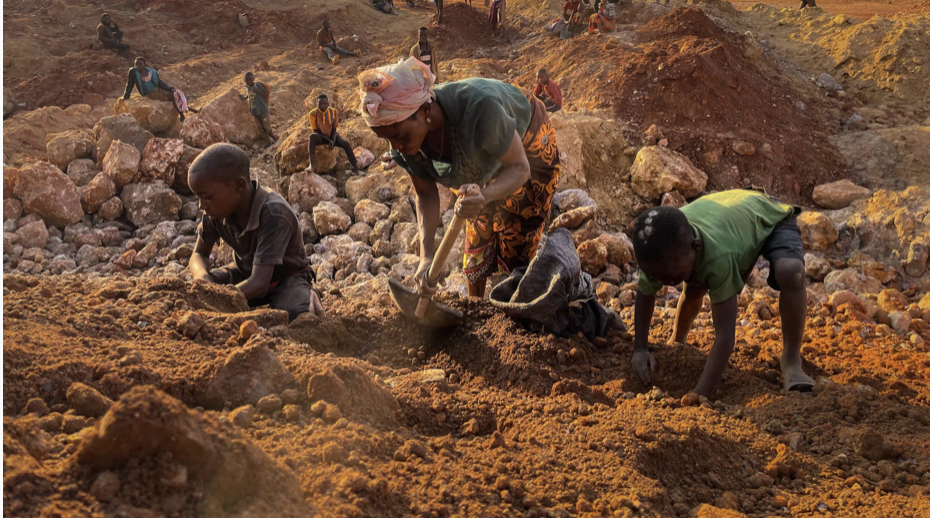
“Look to the East”: Neo-Colonialism in Africa
The power contest between China and the United States is by no means a new development, and over the last decade, an understudied playing field of conflict between these two global superpowers has been forming in Africa. The weapon of choice takes the form of not nuclear warheads, defense partnerships, or economic sanctions– but language. The violent history of colonialism and imperialism in Africa has spawned disillusionment with Western culture, and consequently, its languages. Hence, Africa has turned its attention to China. Since 2015, several African governments have steadily been adopting a “look to the East” policy, which involves the introduction, expansion, and acquisition of Mandarin Chinese on the African continent, primarily through the medium of education.

The U.S. Won’t Ratify this Children’s Rights Treaty, and Minors Are Being Given Life Sentences Because of It.
Prior to October 2015, only three United Nations (UN) member countries had not yet ratified the UN Convention of the Rights of the Child (CRC). These countries were Somalia, South Sudan, and the United States. Now, in 2023, the U.S. is the only nation in the world that has still not ratified the CRC. Former President Clinton signed the Convention in 1995, signaling support of its principles. However, the treaty was never passed on to the Senate for ratification because of opposition from key Senate actors.

How the Semiconductor Became a Dominator on the Geopolitical Stage
A cutthroat global rivalry between America, the world’s largest economy, and China, the second-largest economy since 2010, has been unfolding over the past decade. Although this century-defining contest between these two powerful nations is fought on many fronts, the U.S. has proven to be especially concerned about China’s access to semiconductors. These chips run computations inside every sort of computer, from smartphones to entire data centres. Semiconductors are essential for many of China’s technologies and therefore economic growth as well. Perhaps more pressingly, these chips are also indispensable for both nations’ military operations. With Xi Jinping’s rising aggressions toward Taiwan and potential alignment with Moscow in the war against Ukraine, the U.S. deems it crucial to hinder China’s military technologies.
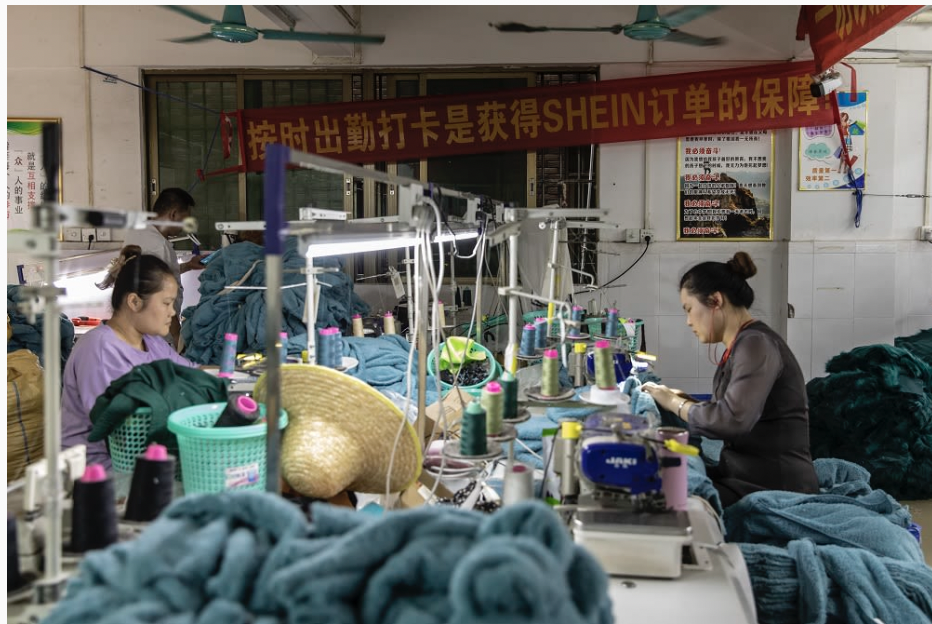
Wearing Clothes, Wearing Out Workers: SHEIN’s Secrets in Your Closet
WIth the rise of short-form content on social media platforms like TikTok and Instagram, clothing trends are cycling quicker and quicker. Because people can share what they wear faster than ever, new clothes stay in style for much shorter periods of time. This phenomenon has created what are known as “micro-trends.” For a clothing store, having a stylish assortment of options is essential to making money– but with the rise of micro-trends, keeping up now requires producing lots of new clothes faster and cheaper than ever. For consumers, this begs the question: how is that rapid rate of production possible?
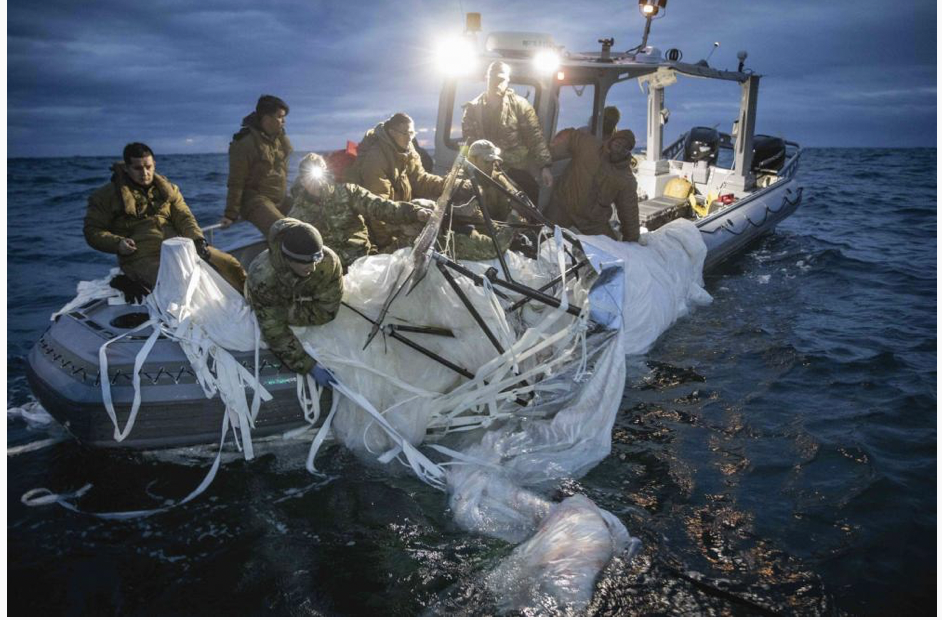
Chinese Spy Balloon: Insight Into U.S.-Chinese Relations
On February 1st, 2023, Americans across the country took to social media and expressed shock as a balloon the size of a passenger airplane hovered over cities in Montana. The balloon had entered United States airspace just a few days prior, passing the Aleutian Islands just south of Alaska. After three days of drifting east over the continental U.S., the balloon was shot down over U.S. territorial waters just off South Carolina’s shore. President Joe Biden remarked that he had given the order to have the balloon shot down days earlier when it was still in Montana, but the Pentagon advised him to wait until it went over the water to avoid civilian casualties from falling debris. The U.S. Navy sent recovery teams to retrieve the debris for research and analysis.